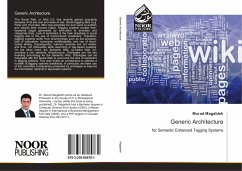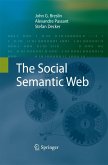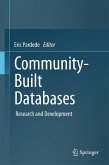The Social Web, or Web 2.0, has recently gained popularity because of its low cost and ease of use. Social tagging sites (e.g. Flickr and YouTube) offer new principles for end users to publish and classify their content (data). Tagging systems contain free-keywords (tags) generated by end-users to annotate and categorise data. Lack of semantics is the main drawback in social tagging due to the use of unstructured vocabulary. Therefore, tagging systems suffer from shortcomings such as low precision, lack of collocation, synonymy, multilinguality, and use of short-hands writing. Consequently, relevant contents are not visible, and thus, not retrievable while searching in tag-based systems. On the other hand, the Semantic Web, so-called Web 3.0, provides a rich semantic infrastructure. Ontologies are the key enabling technology for the Semantic Web. Ontologies can be integrated with the Social Web to overcome the lack of semantics in tagging systems. This work builds an architectureto address a number of tagging systems drawbacks. In particular, we make use of the controlled vocabularies presented by ontologies to improve the information retrieval in tag-based systems.
Bitte wählen Sie Ihr Anliegen aus.
Rechnungen
Retourenschein anfordern
Bestellstatus
Storno








